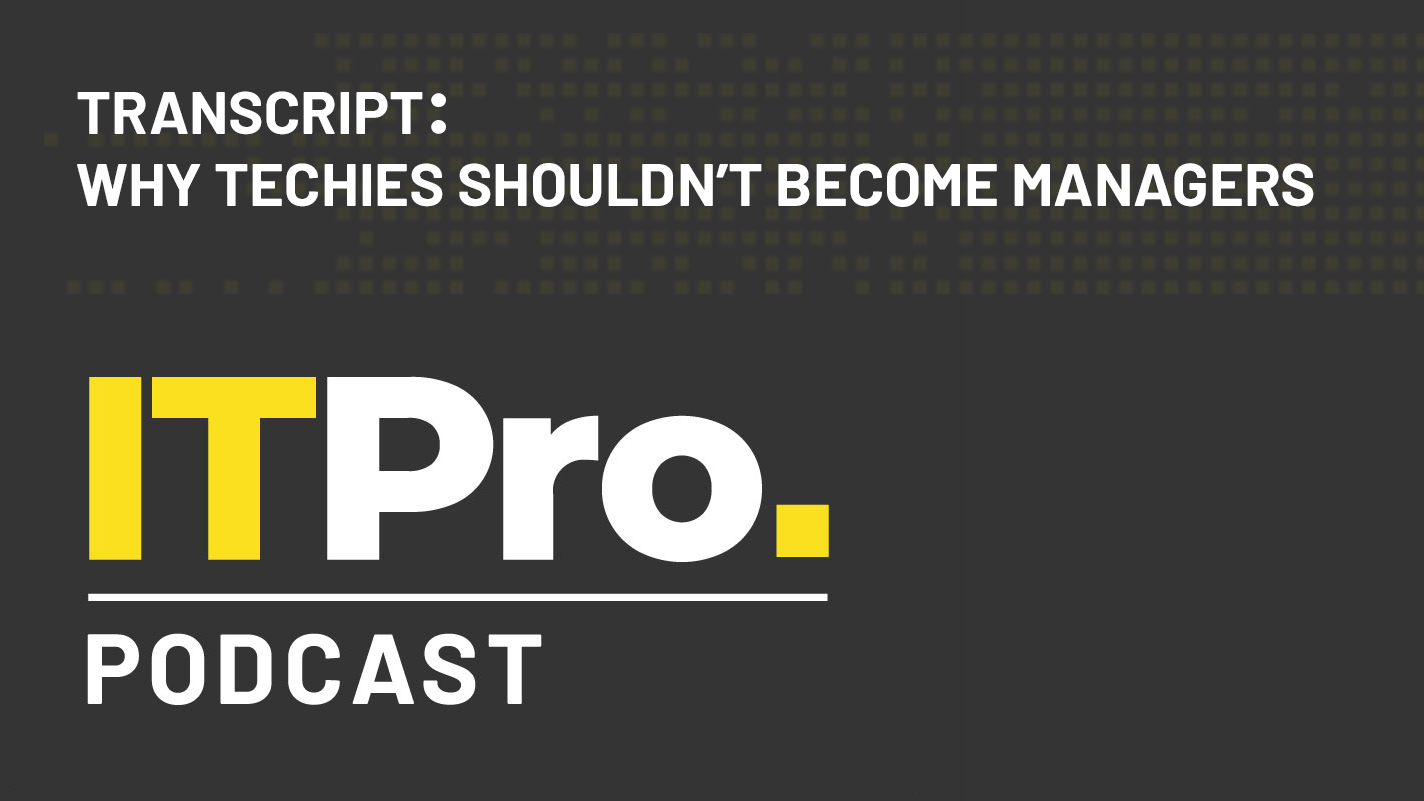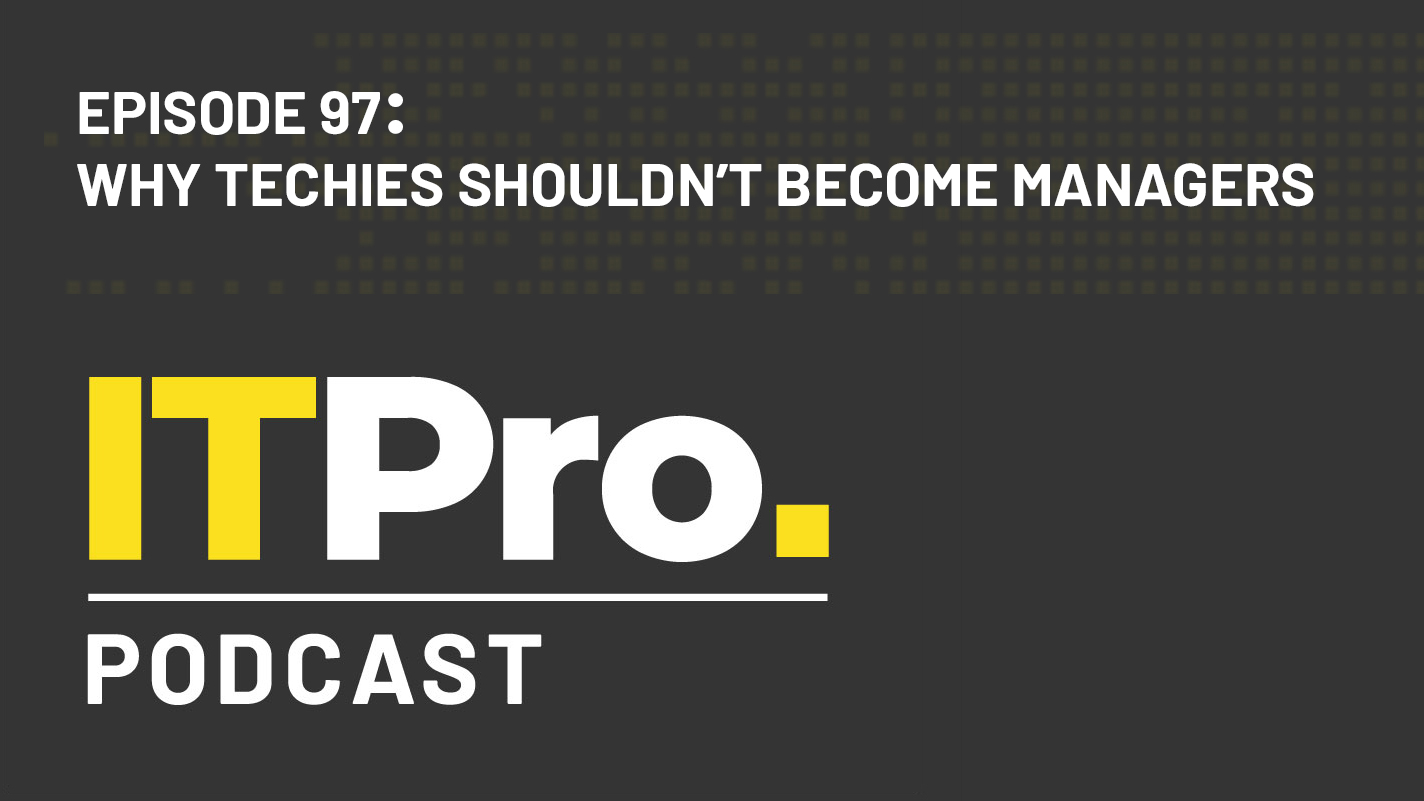Filling the big data talent gap
Data scientists were lauded at last month's EMC World for the work they do with big data. Caroline Donnelly finds out if this is a talent pool IT departments are investing in.

Transformation was the theme of last week's EMC World conference in Las Vegas, where 13,000 partners and customers were treated to discussions about how cloud and big data are changing the way we work and use IT.
The effect these technology trends are having on enterprise IT departments was a regular topic of conversation, with several EMC executives waxing lyrical about how big data, in particular, is creating demand for data scientists in the workplace.
Building out that skill set is going to be critical and will define how well those companies compete in the market.
Sam Grocott, vice president of marketing for EMC's Isilon storage division, said any business that wants to derive value from their data should invest in a data scientist.
"Organisations make huge investments in infrastructure to store their data...if you're going to spend money on storing this information, it makes sense to leverage those large assets," he told IT Pro.
"You need a new breed of IT administrator, which is the concept behind data scientists. Building out that skill set is going to be critical and will define how well those companies compete in the market."
The members of this "new breed" tend to have a background in mathematics, statistics or computer science, explained Howard Elias, chief operating officer of EMC's information infrastructure and cloud services division.
Get the ITPro daily newsletter
Sign up today and you will receive a free copy of our Future Focus 2025 report - the leading guidance on AI, cybersecurity and other IT challenges as per 700+ senior executives
With the help of big data analytics tools, like Greenplum and Hadoop, they can use their knowledge to track patterns in the information their companies create and apply them in a business context.
"What we have found from talking to our customers is that there is a gap that needs to be filled between the business and the art of the possible [with] the technology," he told attendees.
"If you are on the business side, you will know what your aspirations are, but you are unlikely to be an expert in the technology. The data scientist is designed to close that gap."
-
 Should AI PCs be part of your next hardware refresh?
Should AI PCs be part of your next hardware refresh?AI PCs are fast becoming a business staple and a surefire way to future-proof your business
By Bobby Hellard
-
 Westcon-Comstor and Vectra AI launch brace of new channel initiatives
Westcon-Comstor and Vectra AI launch brace of new channel initiativesNews Westcon-Comstor and Vectra AI have announced the launch of two new channel growth initiatives focused on the managed security service provider (MSSP) space and AWS Marketplace.
By Daniel Todd
-
 IT Pro Panel: Tackling technical recruitment
IT Pro Panel: Tackling technical recruitmentIT Pro Panel With the recruitment market shifting, how can businesses both retain their best staff and fill gaping talent shortages?
By Adam Shepherd
-
 Podcast transcript: Why techies shouldn’t become managers
Podcast transcript: Why techies shouldn’t become managersIT Pro Podcast Read the full transcript for this episode of the IT Pro Podcast
By IT Pro
-
 The IT Pro Podcast: Why techies shouldn’t become managers
The IT Pro Podcast: Why techies shouldn’t become managersIT Pro Podcast Managing people is a completely different skillset to managing technology - so why do we keep pushing people from one to the other?
By IT Pro
-
 Podcast transcript: How umbrella companies exploit IT contractors
Podcast transcript: How umbrella companies exploit IT contractorsIT Pro Podcast Read the full transcript for this episode of the IT Pro Podcast
By IT Pro
-
 The IT Pro Podcast: How umbrella companies exploit IT contractors
The IT Pro Podcast: How umbrella companies exploit IT contractorsIT Pro Podcast Is tighter regulation needed to stop workers from being cheated out of earnings?
By IT Pro
-
 Data scientist jobs: Where does the big data talent gap lie?
Data scientist jobs: Where does the big data talent gap lie?In-depth Europe needs 346,000 more data scientists by 2020, but why is the gap so big?
By Zach Cooper
-
 Four tips for effective business collaboration
Four tips for effective business collaborationOpinion Collaboration is about more than just removing office walls
By Esther Kezia Thorpe
-
 IT Pro Panel: The truth about talent
IT Pro Panel: The truth about talentIT Pro Panel Why is it still so hard to find good people?
By Adam Shepherd